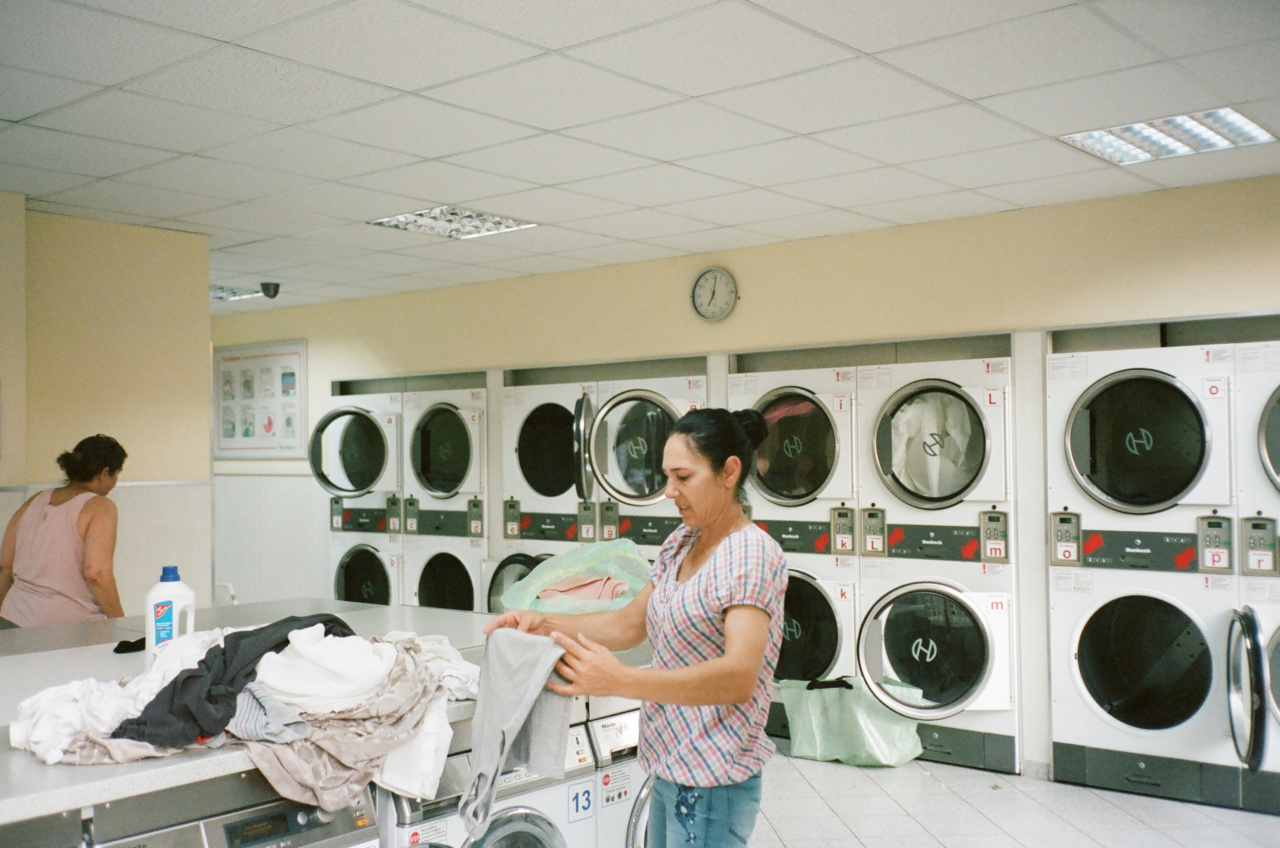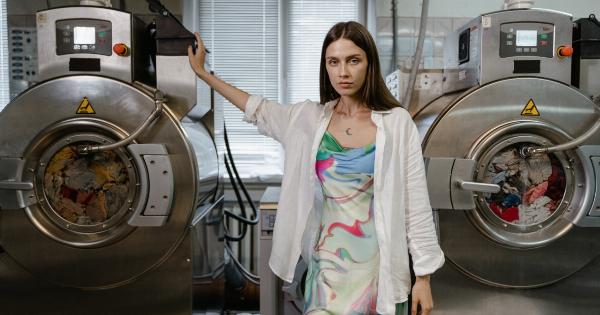Your laundry routine may seem harmless, but it could be affecting your fertility. Every day, we wash our clothes and linens with an array of detergents, fabric softeners, and dryer sheets without giving much thought to the chemicals they contain.
Unfortunately, this could be contributing to infertility and other reproductive problems.
Endocrine Disruptors in Laundry Products
Detergents, fabric softeners, and dryer sheets all contain chemicals that can interfere with our endocrine systems. These chemicals are known as endocrine disruptors, which are substances that disrupt the normal functioning of hormones in the body.
When our hormones are disrupted, it can lead to fertility problems, as well as a host of other health issues.
One of the main endocrine disruptors found in laundry products is phthalates. Phthalates are used in numerous household products, including detergents and fabric softeners, as well as personal care products like perfume and lotion.
They are added to these products to enhance fragrances and soften plastics.
Phthalates are known to disrupt the hormones that control fertility in both men and women. Studies have shown that exposure to phthalates can lead to reduced sperm count and quality in men, as well as reduced fertility and preterm birth in women.
Detergents and Fertility
In addition to phthalates, many laundry detergents contain other endocrine disruptors like surfactants, preservatives, and artificial fragrances. These chemicals can irritate the skin and harm the reproductive system.
One study found that men who use scented laundry detergent and dryer sheets had higher levels of phthalates in their urine than men who used unscented products.
This suggests that the fragrances found in laundry products are a major source of exposure to endocrine disruptors.
Women who use scented laundry detergent may also be at risk for fertility problems.
Another study found that women who used scented versus unscented laundry products had a higher risk of endometriosis, a condition that can lead to infertility and chronic pain.
Fabric Softeners and Dryer Sheets
Fabric softeners and dryer sheets are another source of endocrine disruptors in our laundry routine. They contain chemicals that can be absorbed through the skin and inhaled, contributing to our overall exposure to these harmful substances.
One study found that one of the main chemicals in fabric softeners, quaternary ammonium compounds, can cause asthma in healthy individuals. In addition, the fragrances in these products may contain phthalates and other endocrine disruptors.
Dryer sheets are particularly problematic because they are heated in the dryer, releasing the chemicals they contain into the air. These chemicals can then be inhaled by anyone in the vicinity, including children and pets.
Safer Alternatives for Laundry
Fortunately, there are safer alternatives for washing your clothes and linens. One option is to use natural laundry detergents and fabric softeners that do not contain endocrine disruptors.
Look for products that are free of phthalates, surfactants, preservatives, and artificial fragrances.
You can also try making your own laundry detergent using natural ingredients like washing soda, Borax, and essential oils. There are many recipes available online that are easy to make and more affordable than store-bought products.
In addition, you can use wool dryer balls instead of dryer sheets. These balls are reusable and do not contain any harmful chemicals. They help to soften clothes and reduce static, making them a great alternative to traditional dryer sheets.
Conclusion
Our laundry routine may seem like a small part of our daily lives, but it can have a big impact on our health.
The chemicals found in many laundry detergents, fabric softeners, and dryer sheets can disrupt our hormones and contribute to fertility problems. By choosing safer alternatives and being mindful of the products we use, we can protect our reproductive health and overall wellbeing.






























